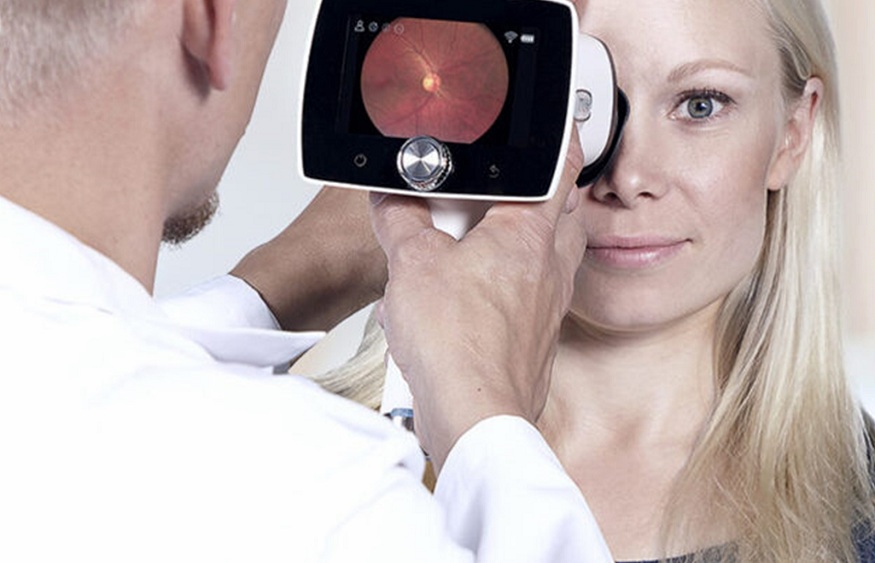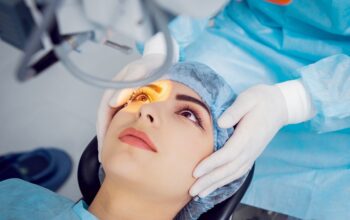Doctors are embracing artificial intelligence in their daily routine to identify new heart problems, sepsis risks, and eye conditions that could lead to blindness. In today’s latest world news, algorithms in AI tools assist physicians to know if their patients are prone to certain diseases or conditions.
Doctors at some hospitals in the US use AI tools to identify if a patient is at sepsis risk or has certain heart problems. However, they do not solely rely on AI to diagnose a patient for certain symptoms of a disease. They use their techniques in diagnosing a person for certain illnesses.
Largely limited to generating reports
Most doctors use AI tools like ChatGPT for report generation and documentation-related applications. However, they are testing the use of AI in their diagnosis to know if it could be useful in the future. In some cases, doctors seek the help of AI to reach an early diagnosis.
According to some doctors, AI still offers promise. However, they do not completely depend on AI because it is an emerging and evolving technology. Recent research shows that some biases or errors in AI could lead to unwanted complications in healthcare and may harm some patients. It is also noted that AI in healthcare shows disappointing results. You can say that it is still premature.
AI programs learn by taking inputs
The director of Duke AI Health, Michael Pencina, said the technology has not yet evolved to the point where it can run algorithms and make decisions. He is working at the Duke University School of Medicine, which focuses on machine learning and AI research. AI programs utilize an algorithm or a group of algorithms that learn medical conditions by taking inputs over time. It takes time for them to mature into useful tools for use in the medical field.
The president of MCP (Mayo Clinic Platform), John Halamka, said the way the program is developed poses a challenge. Algorithms used in AI tools take input such as information gleaned from electronic records such as health and demographic histories, lab results, and vital signs to identify whether a patient has a certain illness. At present, doctors cannot ascertain the accuracy of AI in identifying a particular disease. For example, an algorithm used in AI is trained using data collected from a Minnesota-based patient; the same algorithm may not be able to identify the disease of another person in a different demographic location. It is necessary to make changes to that trained algorithm for the accurate diagnosis of certain illnesses in another patient.
Bias in the algorithm
Some developers may develop algorithms to favor certain races and deprive other races of medical care. To tackle this issue, a team of healthcare professionals and technical professionals began framing guidelines last year for an unbiased and fair use of artificial intelligence for healthcare applications.
According to the most recent BNN News, several companies are making efforts to develop products for health systems and doctors. A lot of research is needed to understand the use of AI in the medical field. However, AI may help find certain illnesses, like diagnosing patients prone to heart failure. It could also help identify atrial fibrillation, which is outside the scope of the ECG.



